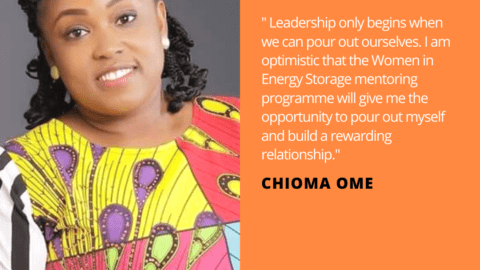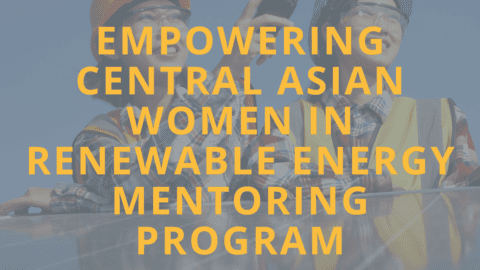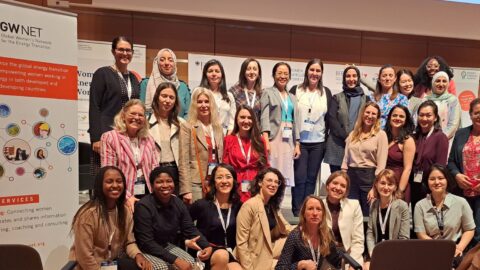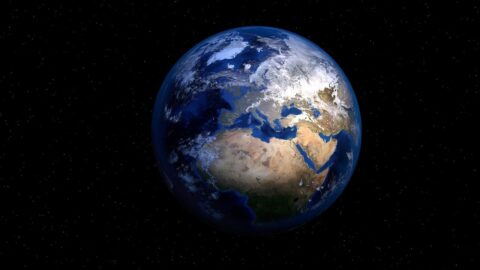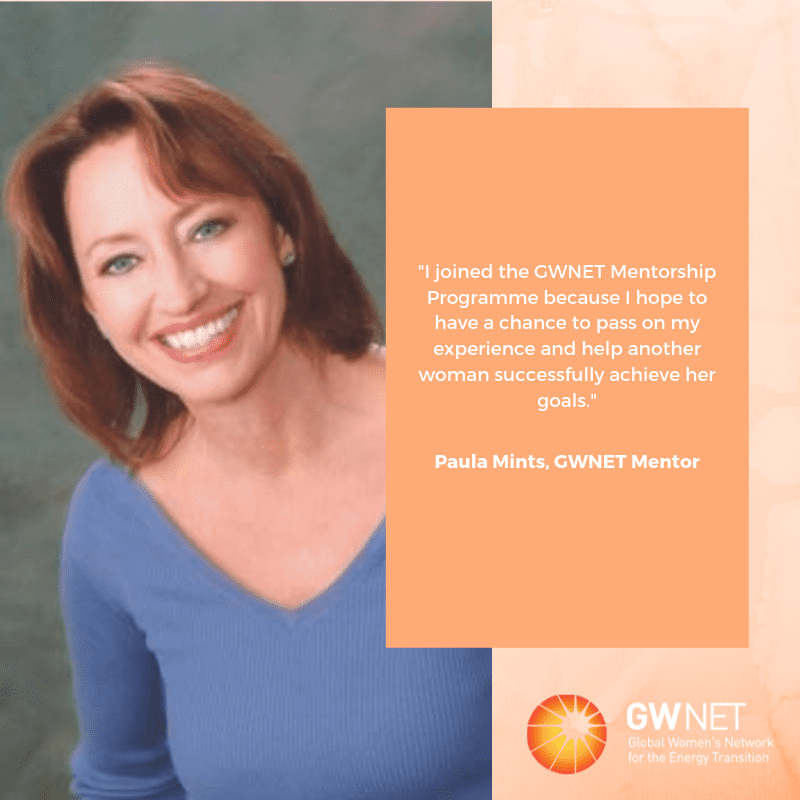GWNET brings you the 4th instalment of the “Meet the Women in the Energy Transition” series which celebrates the work and achievements of the women who are part of GWNET’s 3/2020 Mentoring Programme. This mentoring programme is made up of 26 mentee-mentor tandems, with mentees from over 20 countries. Meet GWNET mentee, Beril Alpagut Kishali, a Smart Cities Consultant working at Demir Enerji in Turkey.
1) Tell us a little about yourself. What do you love most about what you do?
I’m an outgoing person and love to meet new people with different experiences and coming from different cultures and backgrounds. Thanks to what I do professionally, I have the chance to often travel around Europe and analyse a diverse set of city contexts and socio-cultural behaviour and their effects on the urban energy transitions. We’re trying to develop methodologies to improve replication and transfer knowledge/experience in multi-level and multi-directional ways. This can be summarized as what I love most regarding what I do.
2) What were your goals when you started working in sustainable energy? Have these evolved?
My first goal was to design environmentally friendly spaces/ buildings in order to consume fewer resources and energy and try to build self-sufficient systems. Starting with minor goals, now my goals are growing into larger scales. I’ve become engaged with energy transition phenomena and I’m now aiming not only to plan and design but also figure out more of the complex urban socio-technical systems as cities have become the foci in sustainable transitions.
3) How has the COVID-19 pandemic impacted the professional goals you set out for the year?
Unfortunately, COVID-19 mostly affected the implementation regarding lowering building consumption, integration of RE in buildings or on the ground, integrating energy management in buildings etc. Postponing the implementation will also affect the monitoring periods, that’s why ongoing projects will be finalized later than was planned. I’m working on developing new tools in different areas of smart city projects. I was planning to find ways to develop new businesses depending on the results of the tools and services. Unfortunately, the results will be postponed to the following years depending on the COVID-19 situation.
4) What are the opportunities for sustainable energy growth in your country?
In Turkey, sustainable energy is still having difficulties and is growing in baby steps. Thus, there is a great opportunity for near-future investments. The legal frameworks on potential planning and implementation are being updated and provide new opportunities to understand and direct the energy markets. Energy flexibility is a new field and will be integrated more in legal framework soon. New business models or services on planning and design of the new decentralized systems will gain priority.
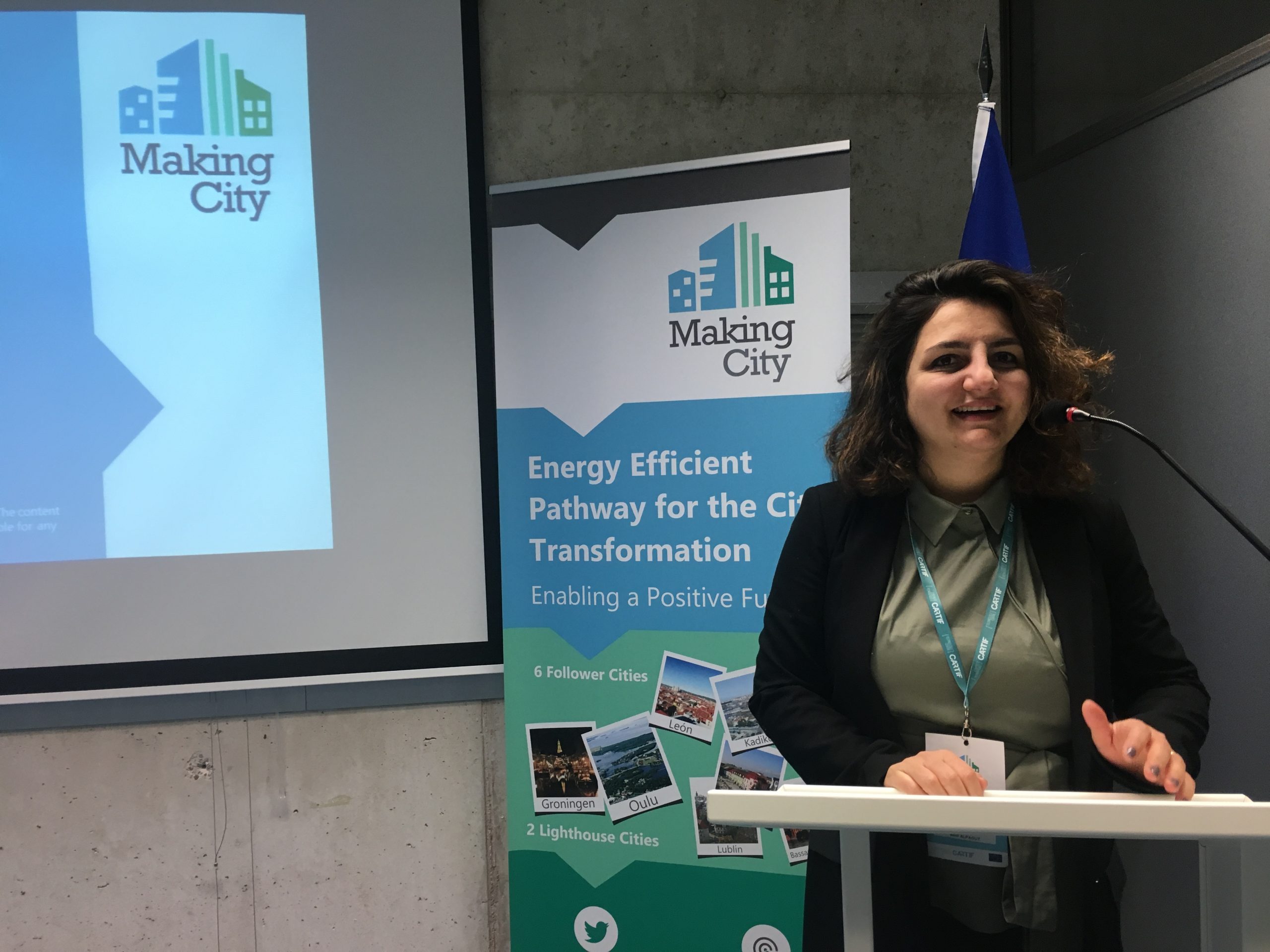
5) What challenges have you faced in the sector? Can you tell us how you overcame (or are overcoming) this challenge(s)?
I have mostly been facing cultural challenges in this sector. The occupant behaviour, the organizational structures and the attention to the environment that we live in are still not a priority for most people. Since technological transitions are intensely socially driven, culture plays a key role in the sector that we work in. We’re conducting a tiring but educating outreach – with policymakers (mostly in municipalities) and with other stakeholders such as citizens. Unfortunately, we spend so much time convincing people to understand what would benefit the environment and the people at the same time, providing new investment plans – social engagement strategies and technological solutions.
6) Why did you join the GWNET Mentorship Programme? What do you hope to achieve?
Being highly engaged with H2020 EU projects in diverse work programmes such as smart cities and communities, smart grids, urban and energy planning, energy efficiency in building sector etc., I’m trying to build a solid network in the energy transition and share knowledge in multidirectional ways. I trust GWNET will act as a fulcrum to strengthen knowledge transfer and empowerment and introduce new pathways to solve and understand lock-ins in transformational change through its Mentoring Programme. I would like to listen to other stories regarding other political, social, economic, technical or environmental contexts and try to find a way to develop strategies/services to run a new business in this sector.
7) What advice would you give to women hoping to join the sustainable energy sector?
I would encourage women to be involved in different areas of this sector. The sector has diverse sections to be involved in – planning, designing, implementing, commissioning, monitoring and impact assessment phases. It has a huge potential for the near future, that’s why women should be integrated into evolutions of traditional systems.
Read more about GWNET’s mentoring programmes here.


